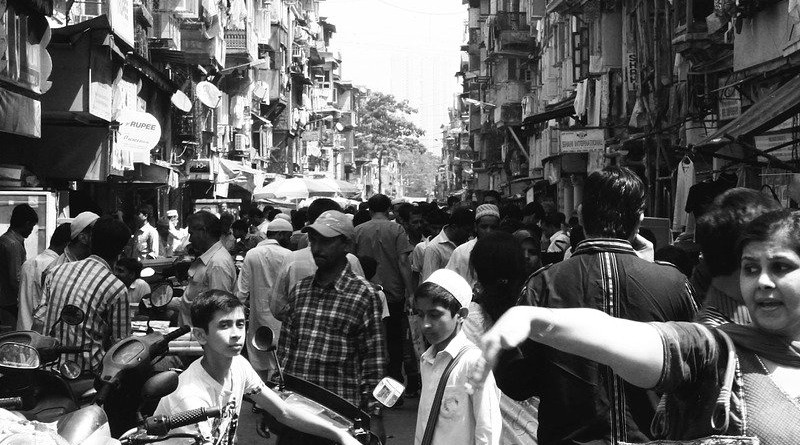
The caste system, deeply rooted in India's socio-cultural fabric, has historically influenced various aspects of life, including social status, economic opportunities, and access to resources. The idea of conducting a caste census in India has sparked considerable debate, especially regarding its impact on meritocracy and its potential as a tool for equitable development.
Even after 75 years of independence, India continues to wrestle with the complexities of the caste system, a challenge further compounded by vote-bank politics. The debate over conducting a caste census has intensified, raising significant concerns about its potential impact on meritocracy and the country's socio-economic development. Although, the intention behind the census is to address historical inequities, such measures risk exacerbating societal divisions.
Recently, several states have conducted caste-based censuses to create a development model that addresses economic disparities and provides equal opportunities for marginalised communities. The goal is to identify these groups and direct resources toward their upliftment. While such initiatives seek to rectify social inequality and the unequal distribution of resources in India, they also present certain challenges. A caste census would generate detailed data on the socio-economic conditions of various caste groups, which could inform targeted policies to reduce disparities.
However, while increasing reservations is designed to address economic gaps and offer equal opportunities to historically marginalised communities, it could undermine meritocracy in India. Marginalised communities often suffer from poor socio-economic conditions, which limit their access to quality education, healthcare, and other essential resources, putting them at a disadvantage despite their potential. The caste system, deeply embedded in India's socio-cultural fabric, continues to influence social status, economic opportunities, and access to resources.
The impact of reservation policies on merit has already been evident, particularly in government services, universities, and academic institutions. One prominent example is the way candidates are elected based on caste, especially in the Hindi heartland. In India, it is often challenging for an intellectual, no matter how capable, to win elections on merit alone.
One of the major drawbacks of increasing reservations based on caste is that the caste census could further undermine the principle of meritocracy by placing too much emphasis on caste-based benefits. However, a broader view of meritocracy reveals that it is not just about academic qualifications; it's about creating a level playing field. A caste census could help identify and nurture untapped talent by providing opportunities and resources to historically deprived communities.
A More Inclusive Model
Critics argue that caste-based reservations risk prioritizing benefits based on identity over ability, potentially undermining meritocracy. However, creating a truly meritocratic society requires equal opportunities for all, regardless of caste or background.
The government could consider an alternative model where reservations are based on income rather than caste. This approach would provide benefits to economically disadvantaged individuals, regardless of their caste, ensuring that those with merit from Scheduled Castes (SC), Scheduled Tribes (ST), Other Backward Classes (OBC), or any other economically disadvantaged group could benefit equally.
The caste system has polarized Indian society, creating divisions that weaken the social fabric. A more inclusive approach—one that considers both socioeconomic disadvantages and individual merit—could foster a more just and equitable society. True meritocracy is not just about academic scores and qualifications; it's about allowing everyone to realize their potential.
Currently, India's reliance on quotas has often compromised merit. Decisions based on caste alone only deepen this divide, further eroding meritocracy by limiting opportunities for those with potential.
The Way Forward
If India is to achieve its development goals, it must reassess its reservation policies and embrace reforms that prioritize both equity and merit. Shifting the focus to socioeconomic status, rather than caste identity, could pave the way for a more united, just, and progressive nation.
The caste census is socially divisive, and it is time for politicians to rise above caste-based politics and focus on the well-being of economically disadvantaged individuals, regardless of their caste. Unfortunately, many leaders lack the political will to move away from the caste-based quota system, which has worked in their favour. However, if India is to emerge as a global power committed to justice and equity, leaders must support a model that promotes reservations based on economic need. This would ensure that even those who do not belong to reserved categories but come from poor backgrounds are not excluded from the benefits of development.